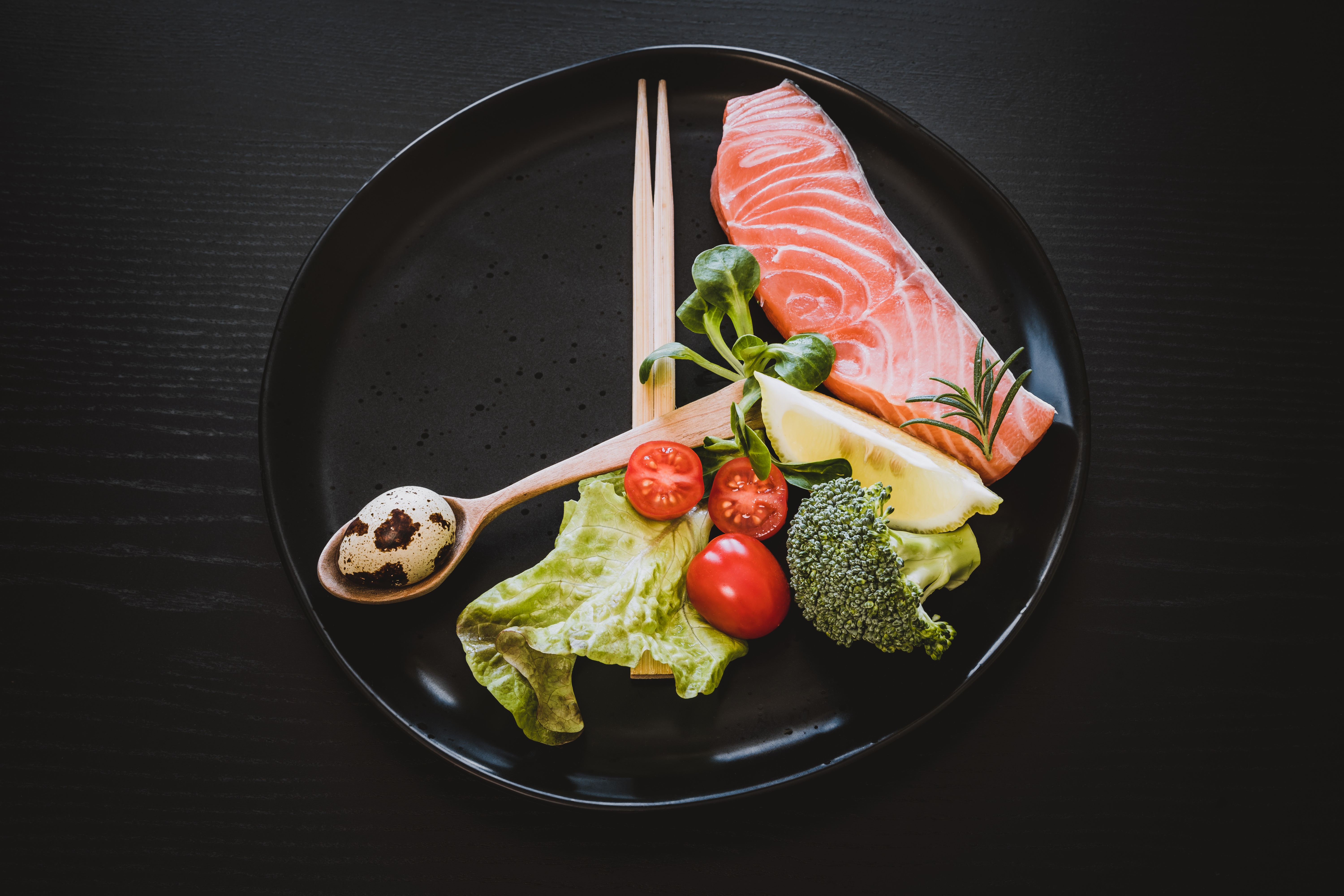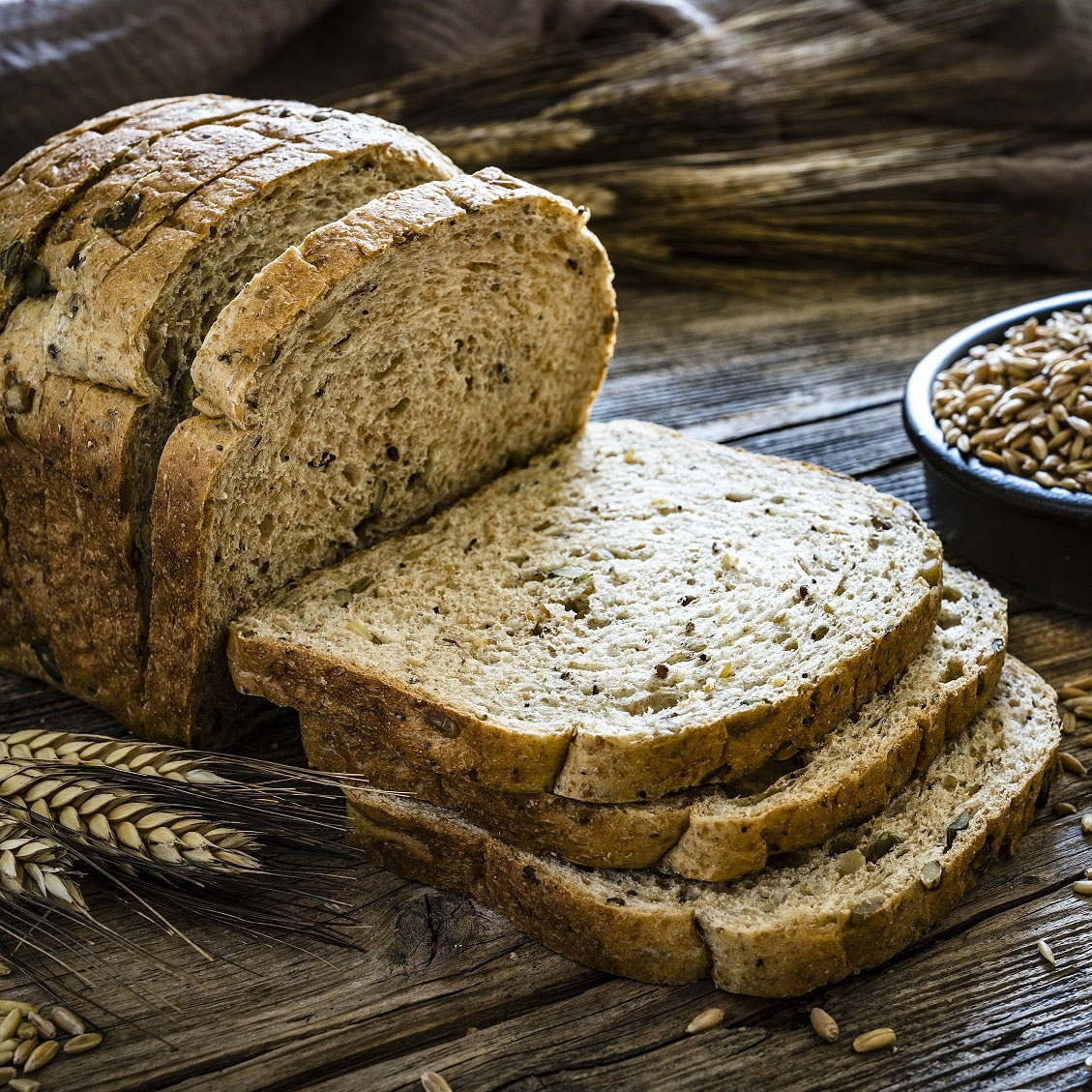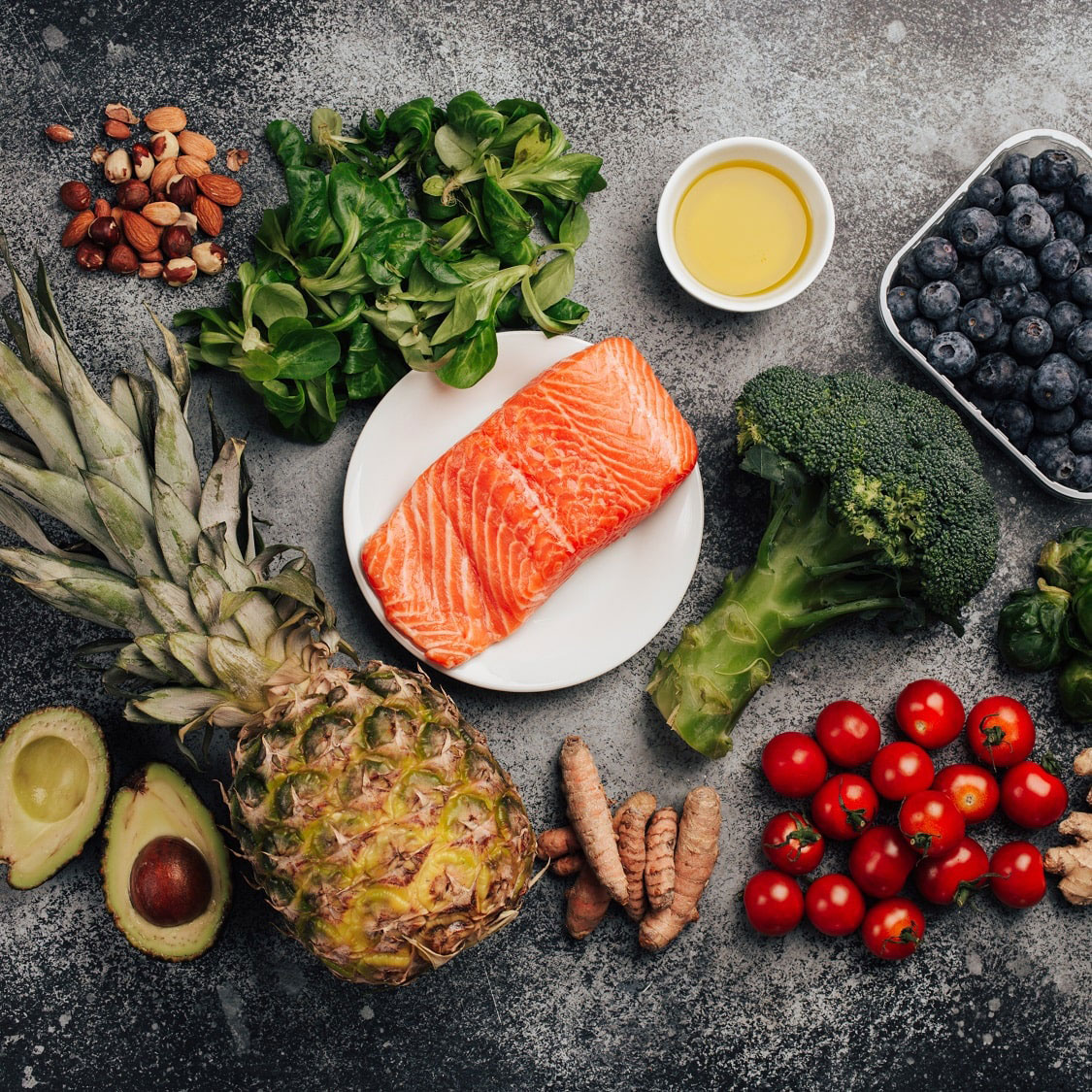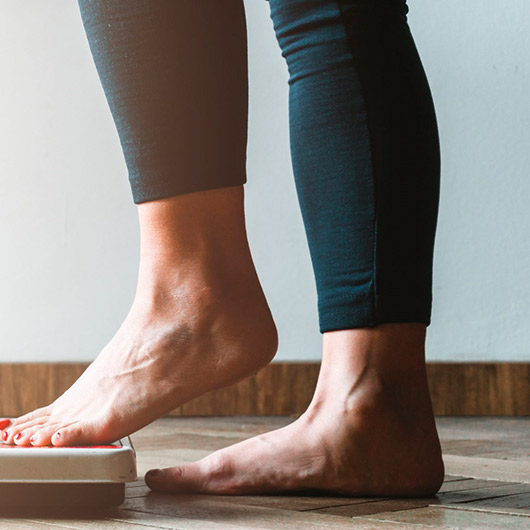What Are the Rules of Intermittent Fasting?

December 30, 2021
Intermittent fasting is an eating style that some people use to help control their weight. You follow an eating schedule every day, only consuming food during a set number of hours during a specific window of time, then fast for the remaining hours.
Some people find intermittent fasting appealing because you don’t have to remember to follow specific diet rules, scrutinizing which foods are ‘approved’ and which are not,” says bariatric surgeon, James Nangeroni, D.O. “Fasting for 12 or 16 hours each day may sound like a lot of time, but keep in mind that you’ll be asleep for 7 to 9 of those hours.
How to practice intermittent fasting
There isn’t one single “right” way to practice intermittent fasting. Common interpretations of this eating style include:
- Eating during a 12-hour window every day (between 7 a.m. and 7 p.m., for example) and fasting for the other 12 hours
- Eating during an 8-hour window every day (between 11 a.m. and 7 p.m., for example) and fasting for the other 16 hours
- Eating differently every other day: On odd days, eating sensibly whenever you please, and on even days, restricting yourself to 500 or 600 calories for the entire day, with the bulk of calories in one meal
- Eating sensibly for 5 days of the week, and eating no more than 500 to 600 calories on 2 other days per week, spacing out the “fasting” days
- Eating sensibly for six days of the week, then fasting for the entire 24 hours on the seventh day
People who practice intermittent fasting may adjust the eating style to fit their personal schedules. If you normally eat an early dinner and you want to fast for 16 hours a day, you can make your 8-hour eating window run from 10 a.m. to 6 p.m. If you’re a later eater, you can make your 8-hour window run from 12 p.m. to 8 p.m.
Does intermittent fasting work?
People may gradually lose weight when they practice intermittent fasting, because they tend to consume fewer calories over the course of the day if they can’t graze all day or snack late at night.
Additionally, people may lose weight because when they eat significantly less often, the body produces less insulin, the hormone that converts food into energy. When you eat frequently, insulin helps your body store unused energy as fat. But when you go without food for 12 hours or more, instead of storing unused energy, your body burns through its existing energy stores, then begins burning stored fat for energy, which aids weight loss.
Adjusting to an intermittent fasting eating style
It can be difficult to switch from an all-day eating style to a routine that includes 16 or 24 hours of fasting, so you may want to ease into the practice. Start out by skipping breakfast for a few days to get used to fasting until noon, or stop eating late-night snacks for a few days to shorten your eating window. Gradually shrink the window until you’re used to eating during the desired number of hours without feeling hunger pangs.
It’s important to stay hydrated when you’re outside of your eating window. Water, black coffee and unsweetened tea are all acceptable beverages that won’t break your fast.
Researchers are still studying the benefits of intermittent fasting, but some studies have shown that the eating style can help people lose weight in the short term.
Special considerations should be made if you have ongoing health problems and you should consult with a physician before pursuing major dietary changes.
Next Steps & Resources:
- Meet our source: James Nangeroni, D.O.
- To make an appointment with Dr. Nangeroni, or a doctor near you, call 800-822-8905 or visit our website.
The material provided through HealthU is intended to be used as general information only and should not replace the advice of your physician. Always consult your physician for individual care.






